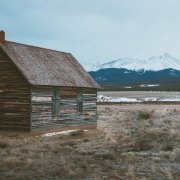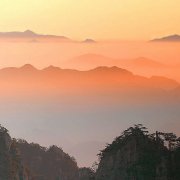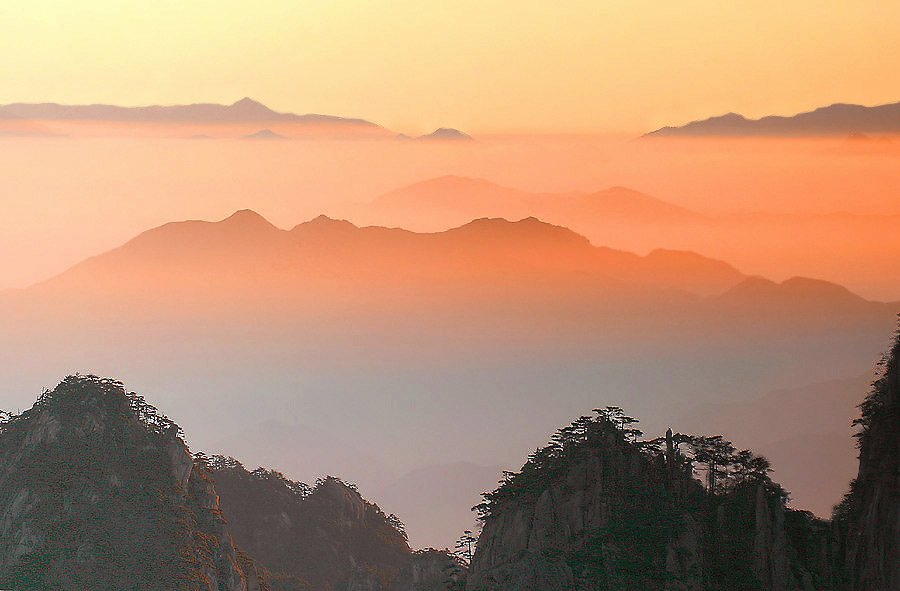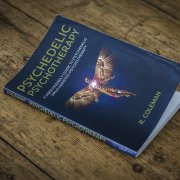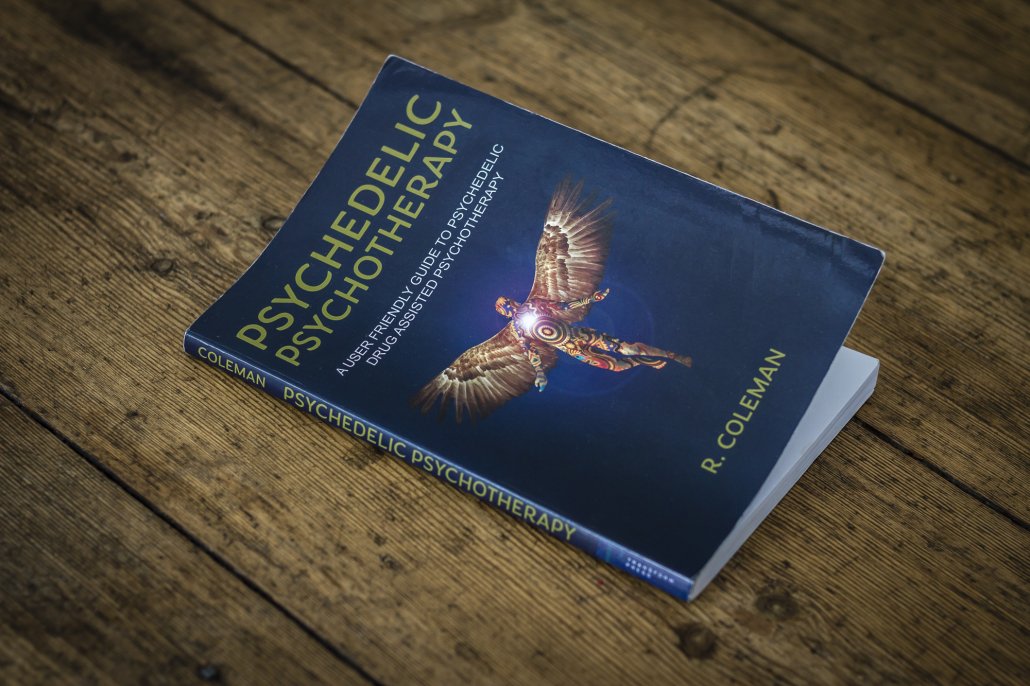‘What should I eat before my trip?’
This is a common question I get asked by people planning their psychedelic sessions. In this post I will give my recommendations. As a bonus, I will also include suggestions for during and after the trip.
Pre-psychedelic session meal
I recommend eating a light, healthy breakfast about three hours before the start of a day time session. At least two hours. A green smoothie or a bowl of oats with seeds and fresh fruit are both good options. I think it’s good to be hungry by the time the session starts. That hunger will disappear during the trip for most people, and return later on.
The aim is to not have any food digesting in your stomach. Firstly, it’s better if your body isn’t expending any energy on the digestive process during the onset. Secondly, the feelings of digestion can be heightened and this can be uncomfortable. It can also contribute to feelings of nausea.
The best pre-session food does vary for different people, but I’ve found the empty-stomach-but-not-starving approach to work well for most people. If doing a session later in the day, I recommend having the same period of two-three hours without food before dosing.
Session food
For most people, hunger disappears entirely during the session. It may begin to return in the later stages after the peak, so it can be good to have some snacks ready. Hand food like fruit and nuts are good for this purpose. They are easy to handle and eat, ideal for grabbing a bite. I don’t really recommend eating much during an inner journey style session as it brings attention to the outer world. That said, it’s fine on a short break, or if the hunger is becoming distracting and actually a hindrance to the purpose of the session.
After the session
After a long journey some people do not experience much hunger at all and can barely eat. Others return ravenous, and enjoy eating a substantial meal. Others still, like myself, do not feel hungry or find the thought of food particularly appealing, but as soon as they take a bite, they realise that they are actually really hungry and enjoy eating a good meal. Bear this in mind and if you don’t feel hungry, consider trying a small amount.
I recommend having something healthy, hearty and wholesome ready to eat afterwards. You can prepare something before the session day that can be easily heated up on the stove or in the microwave when you’re ready to eat. This ensures minimum fuss in the kitchen after your session when you might still be feeling some of the after effects. Good options include a vegetable stew or curry because they often taste better after having been left to sit for a day 🙂 Including potatoes or bread can help bring a grounding, comforting element to the meal.
I recommend vegetarian or plant based dishes because if you have any kind of conscience around animal products, this can be magnified under the influence of psychedelics. You might well find that food very unappealing.
Food in the run up to a trip
Leading up to the trip, and at least for the day directly before, I again recommend eating light and healthy. Avoid any particularly greasy or spicy food the day before. You want a settled stomach for the big day. A friend of mine once had a really spicy curry the evening before a session and had a few more ‘spicy’ trips to the bathroom during the day than he would’ve liked. For the same reason, and also to ensure a good night’s rest, I recommend avoiding alcohol the day before, ideally for a week leading up to the session.
Any difference for psilocybin or LSD?
My advice is the same for both LSD and psilocybin because most of the same still applies. Nausea is more commonly experienced on psilocybin so might be of greater importance, but it can also be experienced on LSD (and 2-CB), especially in the early stages of higher dose journeys. Like a flight, there can be turbulence on the way up. The best you can do is try to weather the storm, surrender, and remember that it will pass.
Ginger
It can be useful to have some raw ginger to chew on. The ginger is anti-nausea, and having something to chew on can also be comforting. If eating mushrooms, this can also help to cover the flavour which in itself makes some people gag. Another option is to drink a nice strong brew of ginger tea before hand so it’s already in your system when you take off. One thing to bear in mind is to not drink too much, as this can lead to multiple trips to the bathroom.
For more tips, read how to avoid nausea when taking psilocybin.
Food in the days and weeks afterwards
After the journey, listen to your body.
‘Listen to my body? What does that even mean?!’.
I’ve thought the same thing myself before. If it sounds strange, I invite you to just try it. Before deciding on what to eat or buy from the supermarket, take a moment to tune in to how you feel in your body. See if anything comes up. You can even ask: ‘what food would you like to receive?’ or ‘what would you like to be nourished with?’. This tuning in to your body is a good integration practice in general and also useful for embodying emotions and feelings that surface in the days, weeks, and months afterwards.
Try to follow a healthy diet but not to the point where it becomes stressful to maintain. It’s important to remember that happiness is important to health too, so treat yourself to nicer, and sometimes more celebratory meals too. Practicing mindful eating, to savour each mouthful, can make these types of indulgences more enjoyable, and the need for them less frequent too. Also, sometimes a heavier, more substantial meal might be helpful if you are feeling a bit ungrounded.
Improving your diet can be seen as a long game in the part of improving physical health, so take care and be mindful if making big changes that might shock your system or be hard to maintain.
Final Thoughts
Of course, as with anything, the best diet before, during and after your trip will depend on the person. If you haven’t yet found a personalised approach that works for you, I recommend starting a drug journal and collecting your own data. You can make a few simple notes after each session so you have them in one place for future reference. Until then, I believe this advice will serve you well as a solid starting point.
Thank you and safe journeys!



